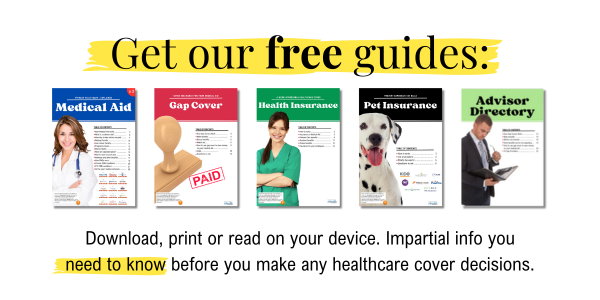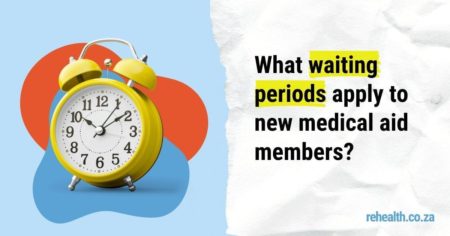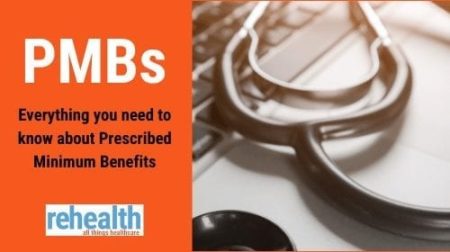If you or anyone you know have been a victim of significant trauma, including physical or sexual abuse, and are suffering from acute stress disorder as a result, please know that if you are on medical aid, the scheme has to pay for either 3 days of in-hospital treatment or 12 outpatient consults for psychotherapy or counselling. The cost for this treatment cannot come out of your savings, and there are no co-payments.
Huh? How does that work? I’m only on a hospital plan!
The government has identified 270 conditions that have to be treated in and out of hospital, to a minimum level of care, regardless of what medical aid plan you have.
So, even if you are just on a hospital plan, your scheme has to pay for your out-of-hospital consults with your pulmonologist if you have asthma (for example). These 270 conditions are known as PMB conditions (Prescribed Minimum Benefits) and you can read more about them here.
You can also see a full list of the 270 PMB conditions here.
So, how does mental health fit into this?
These PMB mental conditions must be covered by medical aids without charging the member out-of-pocket expenses, assuming that protocols and DSPs (Designated Service Providers) are followed.
| CODE | CONDITION | TREATMENT |
|---|---|---|
| 182T | Abuse or dependence on Psychoactive substance, including alcohol | Hospital-based management up to 3 weeks/year |
| 910T | Acute delusional mood, anxiety, personality, perception disorders and organic mental disorder caused by drugs | Hospital-based management up to 3 days |
| 901T | Acute stress disorder accompanied by recent significant trauma, including physical or sexual abuse | Hospital admission for psychotherapy / counselling up to 3 days, or up to 12 outpatient psychotherapy / counselling contacts |
| 910T | Alcohol withdrawal delirium; alcohol intoxication delirium | Hospital-based management up to 3 days leading to rehabilitation |
| 908T | Anorexia Nervosa and Bulimia Nervosa | Hospital-based management up to 3 weeks/year or minimum of 15 outpatient contacts per year |
| 903T | Attempted suicide, irrespective of cause | Hospital-based management up to 3 days or up to 6 outpatient contacts |
| 184T | Brief reactive psychosis | Hospital-based management up to 3 weeks/year |
| 910T | Delirium: Amphetamine, Cocaine, or other psychoactive substance Hospital-based management up to 3 days | |
| 902T | Major affective disorders, including unipolar and bipolar depression | Hospital-based management up to 3 weeks/year (including inpatient electro-convulsive therapy and inpatient psychotherapy) or outpatient psychotherapy of up to 15 contacts |
| 907T | Schizophrenic and paranoid delusional disorders | Hospital-based management up to 3 weeks/year |
| 909T | Treatable dementia | Admission for initial diagnosis; management of acute psychotic symptoms – up to 1 week |
I can benefit from this! What do I do now?
The best course of action is to speak to your doctor or psychologist, and to your medical aid as soon as possible. The medical aid will probably require your doctor to fill in forms, or motivate treatment. Once that is done, and if your condition meets the above criteria, you should be presented with a treatment plan by your scheme.
Please spread the word!
These are extremely important benefits, that can be literally life-saving, and yet they are not very well known. Please share them far and wide (you can always link to this page if you want) so that more people are aware that they have help at their fingertips, already paid for by their medical aid premium.






